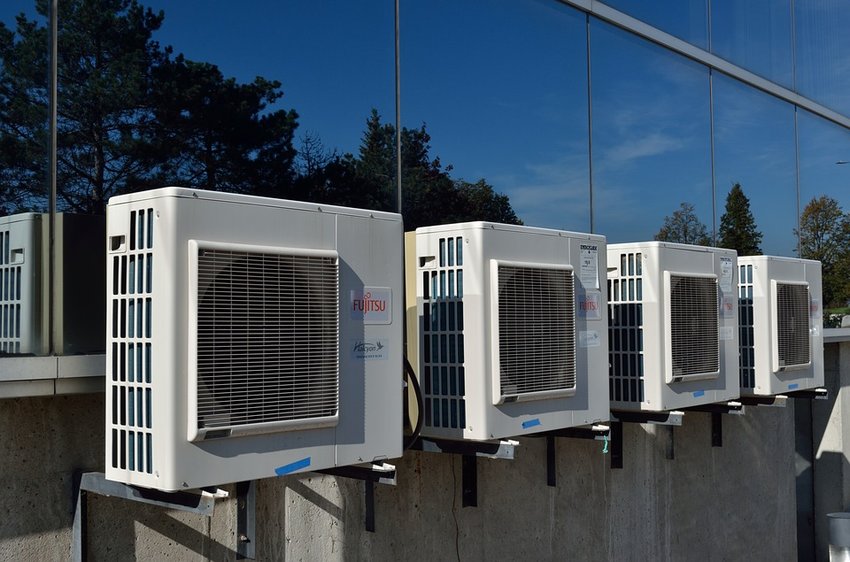Heating, Ventilation and Air Conditioning (HVAC) technicians perform a wide variety of tasks within the arena of air quality systems. The job can be interesting, varied, and different every single day. A highly skilled HVAC technician can also earn a good salary as they progress through their career. HVAC technicians can work as individuals covering private residences or small businesses, while other technicians work as part of large companies working on industrial sites and on large construction projects. In this article, we will discuss the main duties and responsibilities of an HVAC technician, their daily work life, and how to train to become one.
All HVAC technicians need to complete training and become qualified and accredited to work in the field of HVAC. Before undertaking this training you will likely need to have already obtained a high school diploma or equivalent level studies. This is not essential in all cases, but certainly a useful start to a career for HVAC refrigeration technicians. Training as a technician can come in one of two forms. First, you may wish to undertake a dedicated training course. This would take place in an educational institution either part or full-time. If studying full-time it would take around one year to pass and receive your certificate of qualification. Later, you may decide to extend this to a Bachelor's degree – though these are aimed more at those who want to design HVAC systems, not for hands-on technicians.
The other route taken by many is training through an apprenticeship. An apprenticeship gives you hands-on training, working alongside a team of technicians, while completing study and exams separately. Apprenticeships may take considerably longer than the full-time education course, but you will earn money and gain invaluable hands-on experience while you complete it. Employers are likely to hire a qualified technician after about three years of an apprenticeship.
Let’s get into the types of roles an HVAC technician can specialize in. One of the very first things HVAC techs learn to do is the installation of equipment. This can be refrigeration, air conditioning, heating, or air purifying systems. Installation of these types of systems can take place on a small scale in private homes, for example fitting air conditioning in an existing home. On the other end of the scale, technicians may be installing large-scale air conditioning systems in supermarkets or in new office blocks. [For more on commercial systems, check out commercial hvac.] Either way, installers must be meticulous and precise in their work and guarantee a high level of professionalism to ensure the system works perfectly from the start. An installation technician is entrusted with the responsibility of installing these systems without fault or error.
Moving on from installation, the next step is to make sure systems are kept in good working order. Maintenance technicians perform routine check-ups on all kinds of refrigeration and heating systems, validating their safety, and continued working order. This is a hugely important job, especially on large-scale systems, as a lack of proper maintenance can lead to degradation of parts and, ultimately, system failures. A maintenance technician may work for a single client - like a supermarket chain - looking after multiple sites, or work for a maintenance company and be sent out to various sites and types of job.

Sometimes, even the most well looked after systems can fail. When this happens, an emergency technician – or team of technicians – may be called out for emergency repairs. This is a higher pressured job as clients will likely be on-site and hoping for a quick repair. Emergency HVAC technicians must be able to quickly and effectively diagnose an issue and assess it for repair. It may involve ordering or collecting emergency parts from a warehouse and driving them to the site for use.
Another large part of the job will be learning to listen to clients’ queries, understand their worries, and help fix their issues. When you are an expert technician, people often look to you for advice and help when they do not understand something, so it is crucial to have great communication skills and be a good listener. Some technicians may also occasionally work in their company’s office answering phones to help give customers advice and support with their products.
As you can see, the job of an HVAC technician can be varied, stressful at times, and certainly interesting. They must certify equipment for use and safety, deal with clients, and potentially respond to emergencies. It can certainly be a rewarding career with so many different facets to the job.
Comments
No comments on this item Please log in to comment by clicking here